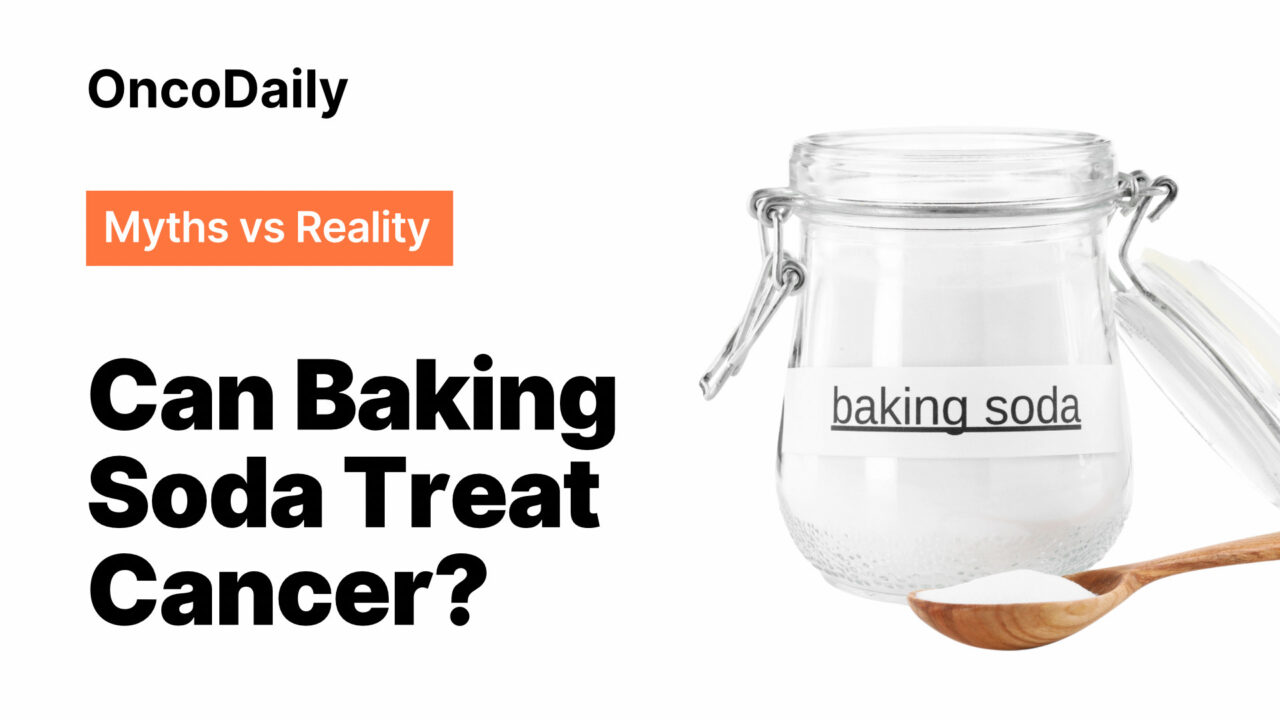
Can Baking Soda Treat Cancer? Myths vs. Facts
A popular myth circulating online claims that baking soda (sodium bicarbonate) can cure or treat cancer. This idea stems from the fact that tumors often create an acidic microenvironment, and since baking soda is alkaline, some believe it can neutralize this acidity and inhibit cancer growth. Proponents suggest that consuming baking soda or following an alkaline diet can prevent or even reverse cancer. Many people search for whether baking soda can treat cancer, hoping for a simple and natural remedy.
However, while laboratory and animal studies have explored sodium bicarbonate’s potential to modify tumor acidity and possibly enhance cancer treatments, there is no conclusive clinical evidence that baking soda alone can cure cancer. The human body tightly regulates its pH levels, and simply ingesting baking soda does not change this systemic balance or prevent cancer development. Therefore, claims that baking soda treat cancer effectively remain unproven and should be approached with caution.
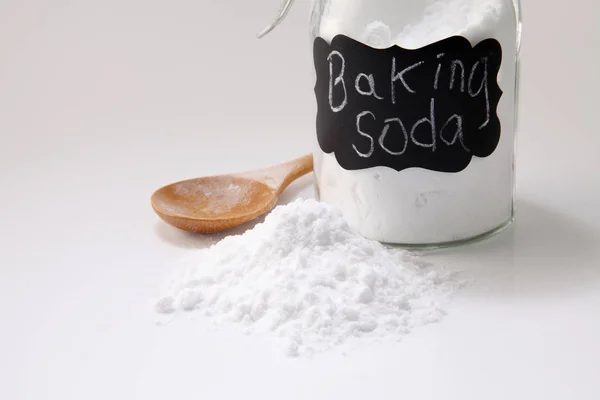
Photo: Depositphotos
This article aims to critically examine the claim that baking soda can treat cancer, drawing on recent scientific research to separate fact from fiction and clarify what is supported by evidence and what remains myth.
The tumor microenvironment is characteristically acidic due to the altered metabolism of cancer cells, which produce excess lactic acid and protons as byproducts of aerobic glycolysis (the Warburg effect). This acidic extracellular pH (around 6.5–6.9) contrasts with the near-neutral pH of normal tissues and plays a critical role in promoting cancer progression, invasion, metastasis, and resistance to therapies. Matteo Bellone Oncoimmunology. 2013, Carol Ward, Explor Target Antitumor Ther. 2020, Nicola Piasentin, Nature, 2020.
Acidity in the tumor microenvironment facilitates tumor growth by enhancing cancer cell motility and invasiveness through degradation of the extracellular matrix. Inhibiting the function of immune cells such as cytotoxic T lymphocytes, thereby enabling immune escape. Reducing the effectiveness of chemotherapy and radiotherapy by altering drug uptake and DNA damage responses.
Cancer cells maintain a relatively alkaline intracellular pH to survive and proliferate despite the acidic surroundings, using proton pumps and ion exchangers to extrude excess protons.
Tumor Alkalization Therapy
Given the role of acidity in cancer progression, tumor alkalization therapy has emerged as a potential strategy to counteract this hostile microenvironment. This approach aims to neutralize extracellular acidity, thereby inhibiting tumor growth and improving treatment sensitivity.
One method under investigation is the use of sodium bicarbonate (baking soda) perfusion or oral intake to increase tumor pH. Preclinical studies, including those summarized by Bogdanov et al. (2024), have shown that sodium bicarbonate can raise tumor extracellular pH, reduce metastasis, and enhance the efficacy of some anticancer drugs. For example, in ovarian cancer patients with malignant ascites, sodium bicarbonate perfusion has demonstrated promising clinical effects.
However, this therapy remains experimental, with ongoing research needed to establish safety, optimal dosing, and clinical efficacy.
What Does Scientific Research Say About Baking Soda Treat Cancer Claims?
Preclinical and early clinical evidence suggests that sodium bicarbonate can raise tumor pH, inhibit cancer progression, and enhance the effects of certain anticancer therapies. While promising, these findings are preliminary. Large, well-controlled human trials are necessary before sodium bicarbonate can be recommended as a standard cancer treatment.
Preclinical Studies: Sodium Bicarbonate’s Effect on Tumor pH and Growth
Animal studies consistently show that the tumor microenvironment is acidic, which promotes cancer cell invasion, metastasis, and resistance to therapy. Oral or injected sodium bicarbonate (NaHCO₃) has been shown to selectively increase the extracellular pH of tumors in mouse models, without affecting the pH of normal tissues. In breast cancer models, oral sodium bicarbonate raised tumor pH and significantly reduced the formation of spontaneous metastases, particularly to the lungs and lymph nodes. In mouse models of malignant ascites (fluid accumulation due to cancer), sodium bicarbonate perfusion extended median survival from 18 days (control) to 30 days, suggesting a direct antitumor effect. Ian F Robey, Cancer Res. 2009.
Mechanisms Observed
- Reduced tumor cell proliferation and increased cell cycle arrest in bicarbonate-treated groups.
- Decreased tumor invasiveness and metastatic spread.
- Modulation of the immune microenvironment, with increased infiltration of immune cells in treated tumors. Hanan Abumanhal-Masarweh, J Control Release 2019.
Clinical Case Reports: Sodium Bicarbonate in Ovarian Cancer Malignant Ascites
Case study example, a patient with chemotherapy-resistant ovarian cancer and malignant ascites underwent intraperitoneal perfusion with sodium bicarbonate solution. This resulted in a marked reduction in CA-125 tumor marker levels (from 5600 U/mL to 2200 U/mL) and complete disappearance of ascites, indicating a promising therapeutic effect.
In small-scale studies, such as TILA-TACE (targeting-intratumoral-lactic-acidosis transarterial chemoembolization) for hepatocellular carcinoma, the addition of sodium bicarbonate to standard chemotherapy improved objective response rates from 63.6% to 100% compared to chemotherapy alone. While these results are encouraging, they are based on limited patient numbers, and larger, controlled trials are needed to confirm efficacy and safety. Hongtao Zhang, Sci China Life Sci.2018.
Sodium Bicarbonate Combined with Other Anticancer Therapies
Combining sodium bicarbonate with chemotherapeutic agents like doxorubicin in animal models has shown enhanced chemotherapy efficacy. This approach increases drug uptake by tumor cells due to a less acidic microenvironment, improving tumor control and reducing metastasis compared to chemotherapy or bicarbonate alone. Additionally, preclinical evidence suggests that alkalization therapy with sodium bicarbonate may enhance the effectiveness of immunotherapies by improving immune cell infiltration and function within tumors.
Studies have explored the use of sodium bicarbonate with targeted therapies (e.g., Olaparib in ovarian cancer), demonstrating reduced cancer cell migration and invasion in laboratory settings.
To all readers, it is essential to emphasize that only FDA-approved cancer treatments have been rigorously tested for safety and effectiveness. Before starting any medication, supplement, or alternative therapy—including baking soda or other unproven remedies—always consult with a qualified healthcare professional or oncology specialist. Self-medicating or replacing conventional treatments without medical guidance can be dangerous and may compromise your health and treatment outcomes. Your healthcare team is the best source to recommend safe and effective therapies tailored to your individual condition.
Ethical and Practical Considerations in Patient Use
The growing popularity of baking soda as a purported cancer treatment has raised important ethical and practical concerns, particularly regarding patient safety and informed decision-making.
Risks of Self-Medication
One of the most significant dangers is self-medication without medical supervision. Patients may attempt to use baking soda in uncontrolled doses or inappropriate forms, believing it to be a harmless, natural remedy. However, improper use can lead to serious side effects such as metabolic alkalosis, electrolyte imbalances, gastrointestinal distress, and interactions with other medications. These adverse effects can worsen a patient’s condition or even be life-threatening.
Misinformation Spread Online
The internet and social media platforms have become fertile ground for the rapid spread of misinformation and unverified claims about baking soda’s ability to cure cancer. Such misinformation can create false hope, leading patients to delay or abandon evidence-based treatments in favor of unproven alternatives. This delay can reduce the effectiveness of conventional therapies and negatively impact survival outcomes.
Importance of Clinical Supervision
Healthcare professionals play a crucial role in guiding patients through complex treatment decisions. It is essential that patients consult their oncologists or qualified healthcare providers before considering baking soda or any complementary therapy. Clinical supervision ensures that any adjunctive treatments are safe, appropriately dosed, and integrated with standard care plans. It also allows for monitoring of potential side effects and timely intervention if complications arise.
Medical professionals and media outlets have an ethical responsibility to provide clear, accurate information about the limitations and risks associated with unproven treatments like baking soda. Promoting evidence-based guidance helps protect patients from harm and supports informed consent.
Supporting Patients’ Emotional Needs
Understanding why patients seek alternative treatments—often driven by fear, hope, or dissatisfaction with conventional care—is important. Compassionate communication and psychological support can help address these needs while reinforcing the value of scientifically validated therapies.
In conclusion, while the idea of baking soda as a cancer treatment may be appealing, self-medication poses significant risks, and misinformation can lead to dangerous treatment delays. Clinical supervision and honest, evidence-based communication are vital to ensuring patient safety and optimal cancer care outcomes.
What Are the Limitations and Risks of Using Baking Soda for Cancer Treatment?
Despite promising preclinical data and small pilot studies, there is currently no large-scale, randomized clinical trial that conclusively confirms the efficacy and safety of sodium bicarbonate as a cancer treatment. Most available evidence comes from animal models or limited human case reports and small pilot trials, such as the TILA-TACE study in China, which showed enhanced anticancer effects when sodium bicarbonate was combined with chemotherapy but lacked overall survival data and broader validation. The translation from bench to bedside remains slow, and more rigorous clinical research is urgently needed to establish standardized protocols and long-term outcomes. Mengyuan Yang Integr Cancer Ther. 2020
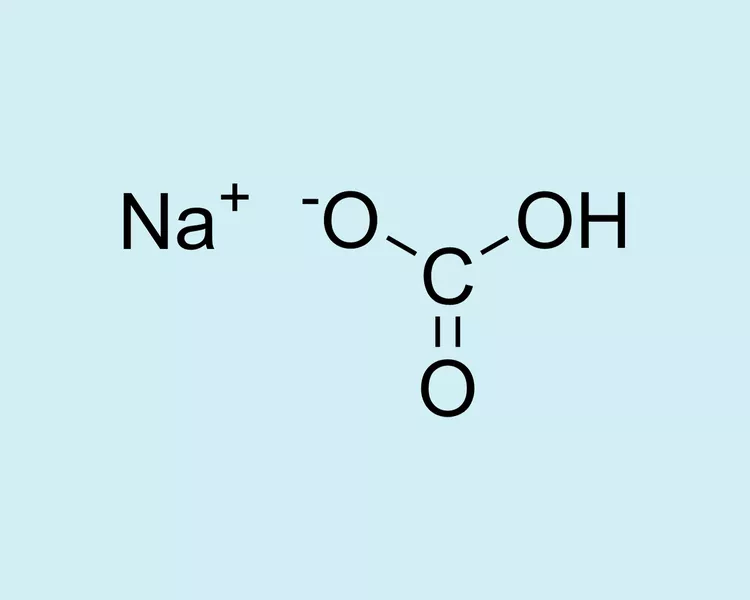
Documented Adverse Effects
Improper or excessive use of baking soda can lead to metabolic alkalosis, a condition where the blood becomes too alkaline, causing symptoms such as muscle twitching, nausea, vomiting, confusion, and in severe cases, cardiac arrhythmias. Oral sodium bicarbonate can also cause gastrointestinal discomfort, bloating, and edema, limiting the feasible dose patients can tolerate. Chronic ingestion without medical supervision increases the risk of these complications, especially in patients with kidney or heart problems.
Caution Against Self-Administration
Experts strongly warn against self-administering baking soda as a cancer treatment without medical supervision. The dosing, timing, and method of administration (e.g., oral vs. local perfusion) require careful control to avoid toxicity and interactions with other treatments. Self-medication may lead to delays in receiving proven therapies and cause harmful side effects.
Baking Soda Is Not a Standalone Cure
It is critical to emphasize that baking soda is not a cure for cancer and should never replace conventional treatments such as surgery, chemotherapy, immunotherapy, or radiation. Current evidence suggests sodium bicarbonate may have a role as an adjunct to enhance some therapies by modifying tumor acidity, but it remains experimental and investigational. Patients should always consult oncology specialists before considering any complementary treatments.
You Can Also Read Do Artificial Sweeteners Cause Cancer? Myths and Facts by Oncodaily
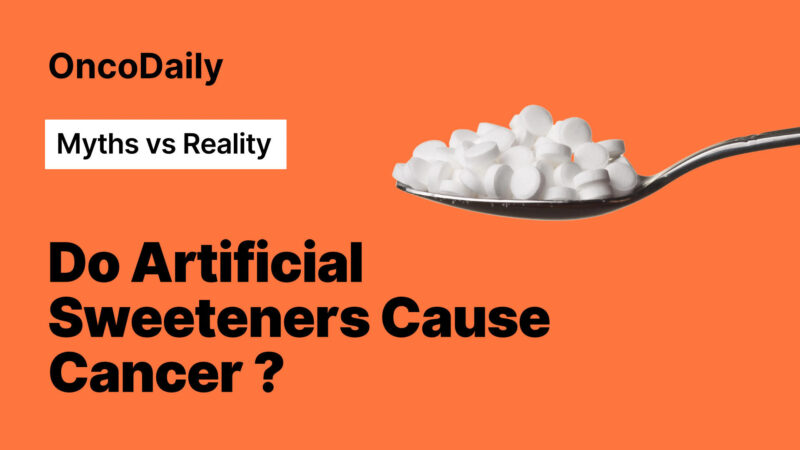
Current and Emerging Cancer Treatments vs. Baking Soda
Recent advances in cancer therapy have led to the FDA approval of numerous highly effective treatments, including immunotherapies and targeted therapies that have transformed patient outcomes. For example, pembrolizumab (Keytruda) was approved in 2025 for the first-line treatment of locally advanced head and neck squamous cell carcinoma, significantly reducing disease recurrence by 34% when combined with surgery and radiation. Other immunotherapies such as nivolumab (Opdivo) and ipilimumab (Yervoy) have been approved for various cancers, including metastatic colorectal cancer and hepatocellular carcinoma, enhancing the immune system’s ability to attack tumors.
Targeted therapies like larotrectinib (Vitrakvi), which targets specific genetic mutations such as NTRK gene fusions, offer personalized treatment options across multiple tumor types. Additionally, biosimilars of bevacizumab (e.g., Jobevne) have been approved for cancers like ovarian and colorectal cancer, improving survival when combined with chemotherapy. Many new treatment regimens combine immunotherapy with chemotherapy or radiation, becoming standards of care supported by large randomized trials demonstrating improved survival and quality of life.
In contrast, tumor alkalization therapy using sodium bicarbonate remains experimental. While baking soda has shown potential in preclinical studies and limited clinical case reports, it has not yet been validated by large-scale, randomized clinical trials that demonstrate reliable cancer treatment or survival benefits. The therapy aims to neutralize tumor acidity to inhibit cancer progression and enhance drug efficacy, but its clinical application is not standardized or widely accepted. There are still significant gaps in understanding the safety, dosing, and long-term effects of baking soda therapy, which require further rigorous evaluation before it can be integrated into standard cancer care.
Currently, research explores sodium bicarbonate primarily as a potential adjunct to conventional therapies rather than a replacement, which contrasts sharply with the well-established, evidence-backed immunotherapies and targeted agents.
In summary, FDA-approved cancer therapies are supported by large randomized clinical trials, have well-characterized safety profiles, and are widely used as standard care. They work through mechanisms such as immune activation and targeted molecular inhibition. On the other hand, baking soda tumor alkalization is still investigational, with evidence mostly from preclinical studies and small pilot reports. Its mechanism involves tumor pH neutralization, and while it shows promise as an adjunctive treatment, safety concerns related to dosing and metabolic risks remain.
What Are the Trends and Key Insights in Global Baking Soda Production and Market Growth?
Global baking soda (sodium bicarbonate) production has been steadily growing over the past decade, reaching approximately 11 million tons (11 million metric tonnes) in 2024. This marks a consistent increase, with an average annual growth rate of about 2.4% from 2013 to 2024. The production volume peaked around 12 million tons in 2022 but slightly declined and stabilized near 11 million tons in 2023-2024, with forecasts predicting gradual growth continuing into the near future.
Leading Producers and Their Output
China is the world’s largest producer, accounting for roughly 3.2 million tons, which is about 29% of global production. China’s baking soda production has grown at an average annual rate of 2.1% over the last decade. The United States ranks second, producing around 1.6 million tons, about half of China’s output, with an average growth rate of 2.0% per year. The U.S. market experienced some fluctuations recently, including a slight production decline of 0.8% in 2024. India holds the third position, producing close to 1 million tons, representing about 9.1% of the global volume, with a higher growth rate of 3.0% annually.
Other countries contributing significantly include Turkey, Germany, Russia, Pakistan, Japan, Brazil, and the United Kingdom, collectively making up about 30% of production.
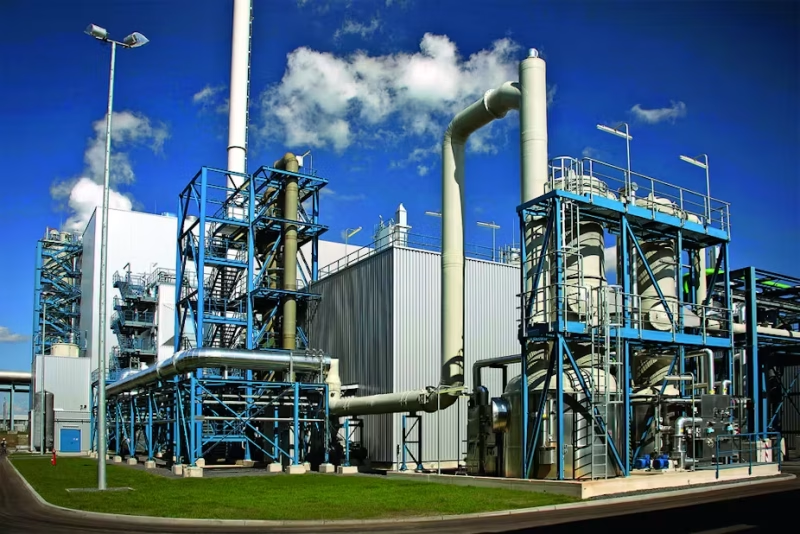
Market Size and Economic Value
The global baking soda market was valued at approximately $4.9 billion in 2024 (export price basis), with the total market value showing an average annual growth rate of 2.4% from 2013 to 2024. The market value peaked at around $5.1 billion in 2023 before a slight decrease in 2024. Projections estimate the market will reach $6.4 billion by 2035, driven by steady demand growth.
Baking soda’s versatility fuels its demand across multiple industries, including food and beverage, pharmaceuticals, personal care, agriculture, and industrial uses. Its natural, eco-friendly properties contribute to its expanding market, especially as consumers and industries seek sustainable alternatives.
Regional Market Insights
- Asia-Pacific, led by China and India, dominates production and consumption due to large industrial bases and growing end-use sectors.
- North America, primarily the U.S., maintains significant production capacity and consumption, with fluctuations influenced by raw material availability and pricing.
- Europe and other regions contribute smaller but stable shares of production and consumption.
History of Baking Soda
Sodium bicarbonate, commonly known as baking soda, has a rich history dating back thousands of years. Ancient Egyptians used a natural form called natron around 3000 B.C. for cleansing and mummification. In the late 18th century, French chemist Nicolas Leblanc developed soda ash (sodium carbonate) in 1791, laying the groundwork for modern baking soda production. Pharmacist Valentin Rose isolated sodium bicarbonate in 1801, and in 1846, American bakers John Dwight and Austin Church established the first factory in the U.S. to produce baking soda commercially. The introduction of the Solvay process in the 1860s enabled large-scale industrial production, making baking soda a staple ingredient in baking, cleaning, and medicine worldwide.
Written by Aharon Tsaturyan, MD.
-
Challenging the Status Quo in Colorectal Cancer 2024
December 6-8, 2024
-
ESMO 2024 Congress
September 13-17, 2024
-
ASCO Annual Meeting
May 30 - June 4, 2024
-
Yvonne Award 2024
May 31, 2024
-
OncoThon 2024, Online
Feb. 15, 2024
-
Global Summit on War & Cancer 2023, Online
Dec. 14-16, 2023
